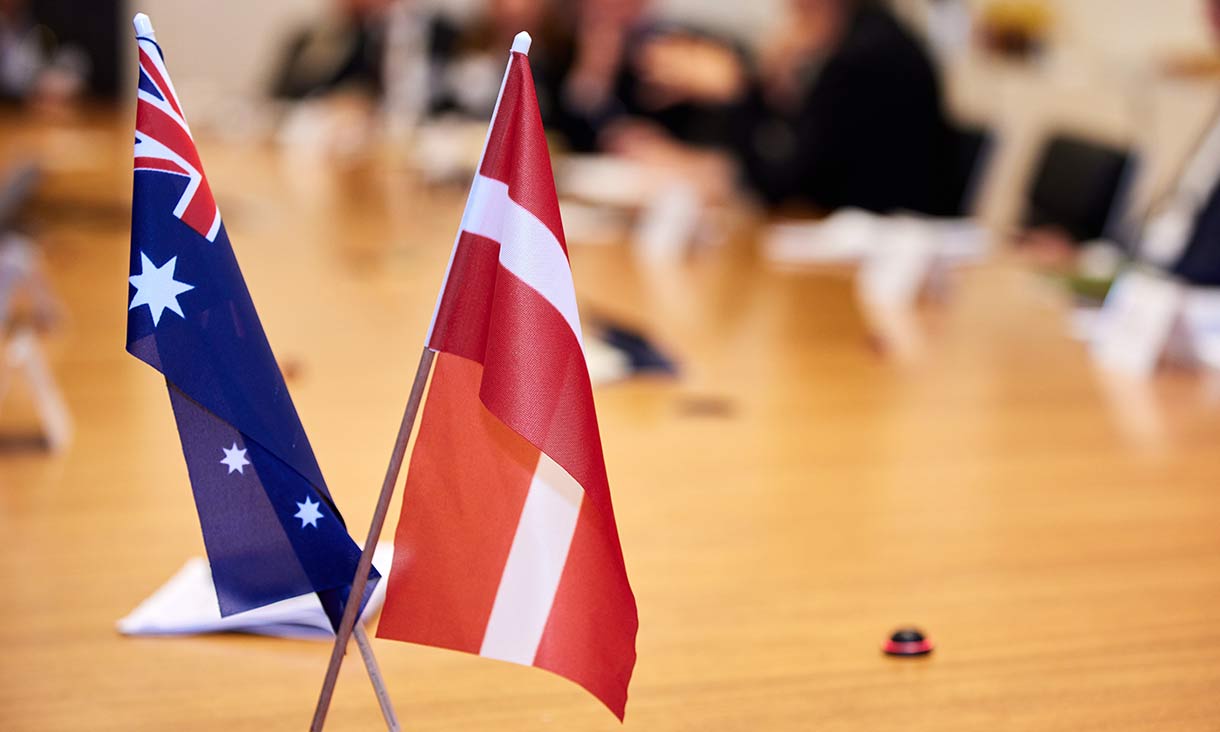Gender Dimensions in the Australian Security Industry
This study aims to gain an accurate picture of the security industry workforce in Australia. The goal of this study is to identify practical ways to expand and diversify the industry’s talent pool to best equip it for the growing challenges and demands it faces.
RMIT University welcomes the Latvian Foreign Affairs Minister to discuss opportunities to expand international collaboration and research in the areas of hybrid security threats
On Tuesday 3rd September, the Latvian Minister of Foreign Affairs, Her Excellency, Baiba Braže, visited RMIT University as a part of her trip to Australia.
Enhancing Cyber Resilience and Preparedness in Vietnam and Cambodia’s Critical Infrastructure sectors
Cyber & Critical Technology Cooperation Program – Vietnam & Cambodia
Australia’s trade and the threat of autonomous uncrewed underwater vehicles
To better understand UUV technology and the risks that weaponised UUVs may pose to Australia's economy and security, RMIT and its research partners undertook an analysis examining the likelihood, impact, and mitigation steps related to autonomous submersible weapon systems scenarios.







